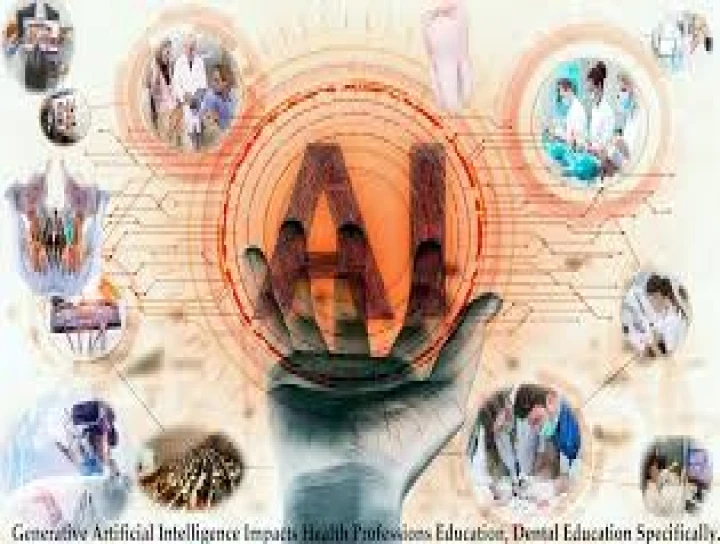
Evaluation of Attitude and Awareness of Dental Practitioners Regarding Artificial Intelligence
Artificial Intelligence (AI) is revolutionizing healthcare, including dentistry, by enhancing diagnostic precision, improving treatment planning, and optimizing clinical workflows. The integration of AI into dental practices has the potential to transform patient care by automating routine tasks, predicting treatment outcomes, and analyzing large datasets for better clinical decisions. However, the adoption of AI is influenced significantly by the attitude and awareness of dental practitioners, making it crucial to evaluate these factors.
Awareness of AI in Dentistry
Awareness of AI among dental practitioners varies widely based on factors such as age, geographical location, and level of education. While younger practitioners and those practicing in urban areas are more likely to be familiar with AI tools, a significant proportion of dental professionals remain unaware of the specific applications of AI in dentistry. Common AI applications include interpreting dental radiographs, diagnosing oral lesions, and designing orthodontic treatment plans. Despite these advancements, a lack of accessible information and training opportunities often hinders practitioners from fully understanding the scope of AI technologies.
Attitudes Toward AI Integration
Dental practitioners’ attitudes toward AI can range from enthusiastic acceptance to skepticism. Many practitioners view AI as a promising tool that can enhance efficiency, accuracy, and patient satisfaction. For instance, AI-driven diagnostic systems can detect early signs of cavities or periodontal disease with remarkable precision, reducing diagnostic errors. Similarly, AI-powered tools for digital impressions and treatment simulations have been well-received by clinicians seeking to improve workflow efficiency.
On the other hand, some practitioners express concerns about AI’s implications for their profession. Common apprehensions include fears of being replaced by technology, reduced patient-practitioner interaction, and the potential loss of the human touch in dentistry. Moreover, ethical issues related to data security, algorithm bias, and accountability in AI-driven decisions contribute to hesitancy among some practitioners.
Barriers to AI Adoption
Despite its potential benefits, several barriers hinder the widespread adoption of AI in dental practices. High costs associated with acquiring and maintaining AI systems pose a significant challenge, particularly for small or independent practices. Additionally, the lack of standardization and regulatory frameworks for AI in dentistry raises concerns about reliability and legal liability. Practitioners also highlight the need for specialized training to effectively use AI tools, which are often not covered in conventional dental education.
Recommendations for Enhancing Awareness and Adoption
To address these challenges, there is a need for targeted initiatives to improve awareness and foster a positive attitude toward AI among dental practitioners. Dental associations and educational institutions can play a pivotal role by organizing workshops, seminars, and hands-on training sessions focused on AI applications in dentistry. Updating dental curricula to include AI-related topics can also ensure that future practitioners are well-equipped to integrate these technologies into their practice. Additionally, policymakers and technology developers must work together to establish clear guidelines and affordable solutions to facilitate AI adoption.
Conclusion
The successful integration of AI in dentistry depends on practitioners’ awareness, understanding, and attitude toward this emerging technology. By addressing educational gaps, overcoming barriers, and fostering a supportive environment, dental practitioners can harness the full potential of AI to enhance patient care and streamline clinical operations. As technology continues to evolve, embracing AI is not merely an option but a necessity for the future of dentistry.


No Any Replies to “Evaluation of Attitude and Awareness of Dental Practitioners Regarding Artificial Intelligence”
Leave a Reply